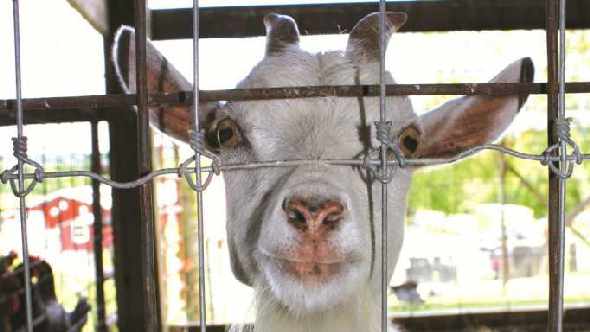4 Angles To Cover If Considering An Agritainment Alternative
So, you want to expand your business and are considering opening a wine tasting room, U-pick business, corn maize, or petting zoo. As exciting as opening a new business is, inviting the public onto your property has added risks and liabilities.
While there is no way to completely eliminate those risks, with proper planning, they can be managed. Here are some ways to do just that.
1. Form A New Business Entity
No matter what type of agritainment business you choose, you should consider creating a new business entity to operate the business. Creating a new business entity protects your existing business and personal assets from your agritainment business liabilities. The addition of an agritainment business, by virtue of opening your premises to the public, exposes your existing business to liabilities that didn’t previously exist (think “slip-and-fall” or “when animals attack”). A new business entity is the best way to separate liabilities that may be incurred in your agritainment business from your farm business.
Be aware that no structure can wholly insulate your existing business from liability incurred in your agritainment business and maintaining adequate insurance (general liability, casualty, etc.) is a must. Each situation is different and you should discuss your various options with an attorney.
An additional advantage of setting up a separate legal entity is that you can choose to operate it differently than the existing farm business. This could be a great opportunity to include a family member not involved in the farm business in the new venture, or allow a member of the younger generation to take control of this aspect of the business and make management decisions.
Click on the pages below for more.
 2. Know Your Duty To The Public When Inviting Them Onto Your Land
2. Know Your Duty To The Public When Inviting Them Onto Your Land
Although the intricacies of premises liability vary by state, in general, a person invited onto your land for a business purpose is called an “invitee.” Inviting the public onto your land brings with it a higher level of responsibility. Those responsibilities include maintaining the premises in a reasonably safe condition and protecting the public from injury (including dangers you should be aware of).
Property owners are generally required to warn invitees of known dangers on their premises. Although you may know the danger of the pumpkin catapult, you can’t assume the general public does. Premise owners also have a responsibility to inspect the premises to discover any possible unreasonable dangers to the invitees. Having stated this, you don’t have to create a sterile Nerf-covered environment. However, do take precautions where necessary. As the saying goes, an ounce of prevention is worth a pound of cure.
3. Working With Animals
Including animals in your agritainment business can be an added draw. This is another area of law that varies by state. The general rule is that the owner of a domestic animal can be liable for injuries caused by a vicious animal. This is particularly true if the owner knew the animal had caused injury before. For example, if the pony that you intend to put in a petting zoo has bitten and kicked before.
Animal owners are required to use ordinary care to contain or restrain the animals. Additionally, some states have particular laws pertaining to various species, including equines, exotic animals, bovines, and dogs. It is prudent to contact an attorney to make sure you understand your responsibilities before you open to the public.

4. Other Considerations
There are other considerations and/or legal requirements concerning your agribusiness. Make sure you know all the laws and regulations that pertain to you. Give some careful thought to the following:
- Should you have a waiver signed by patrons before participating in an event? If the activity has inherent risk (e.g., riding snowmobiles or ponies), talk to your attorney about whether you should have a waiver.
- Be sure to contact your insurer, as some activities may require changes or additions to your insurance policy.
- Certain businesses may require special permits.
- If you plan to sell products, make sure you understand your state’s laws for that product. For example, labeling requirements, cottage food laws, and serving alcohol.
- Know your tax responsibilities, especially if you are selling products.
- Know your responsibilities under state and federal labor and employment laws. Certain businesses may be subject to laws that a farming operation is not.
Every business is unique. This article contains a few options to consider. Business owners should discuss their options and plans with their lawyer and/or accountant in more detail.









